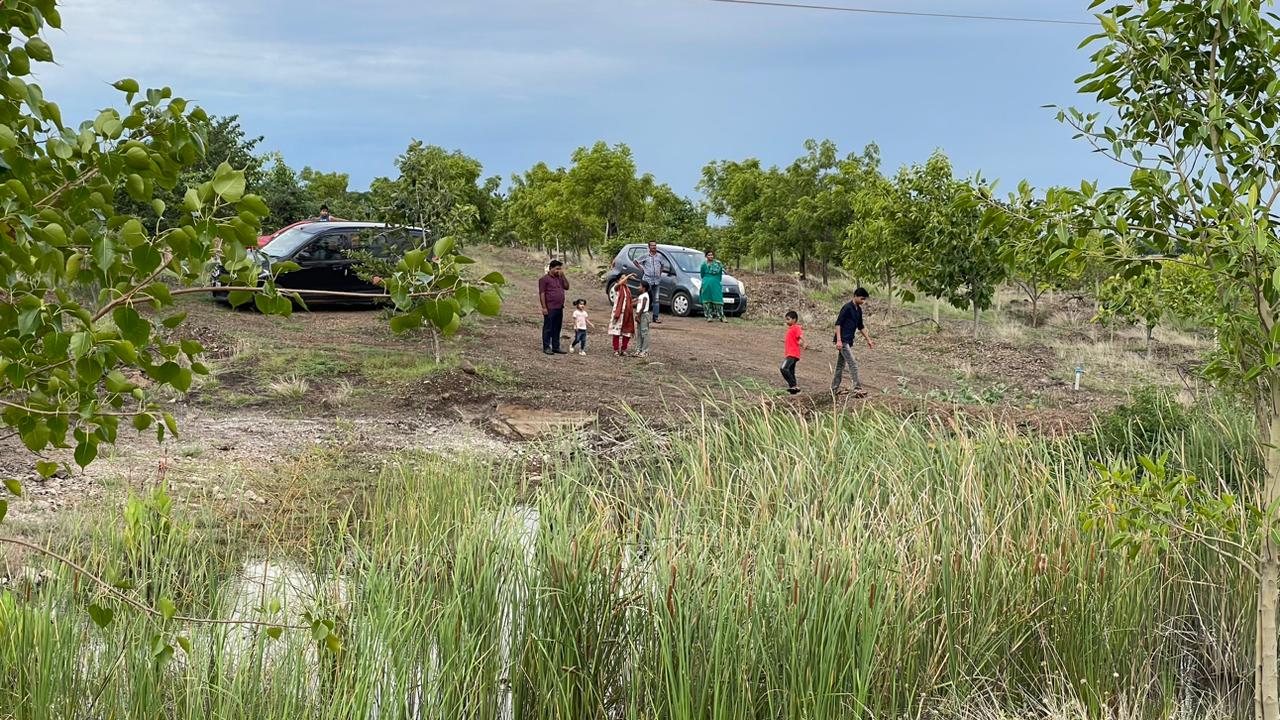
- This event has passed.
Event Navigation

August 9, 2024
Agroforestry for Green Economic Transition in North Eastern States
Workshop1: Transforming Agriculture and Green Economic Transition through Agroforestry in Manipur
Manipur’s agricultural sector is currently grappling with urgent issues of land degradation, unsustainable practices, and the adverse impacts of climate change. Agroforestry emerges as a timely and promising solution that addresses these challenges and fosters economic growth and environmental conservation. The workshop presents a comprehensive strategy to revolutionize Manipur’s agricultural sector through sustainable agroforestry interventions. By implementing this approach, we aim to enhance productivity and profitability, improve livelihoods, and promote environmental conservation, aligning with Manipur’s vision for sustainable development.
Objective:
- To bring together stakeholders to explore and plan the implementation of agroforestry systems for agricultural transformation and green economic transition in Manipur.
- To explore agricultural transformation through functional agroforestry interventions in Manipur and improve landscape and livelihoods with a green economic transition.
Key Thematic Focus of Workshop Deliberation:
- Increase agricultural productivity and farmer incomes
- Mitigate land degradation and promote soil health and conservation
- Enhance biodiversity and ecosystem services
- Create new green growth job opportunities
- Improve climate resilience of the agricultural sector
Participants:
- Government officials from Agriculture, Forestry, and Rural Development departments
- Agricultural scientists and researchers
- Farmers and farmer organizations
- NGOs and civil society organizations
- Private sector representatives
- Academic institutions
Key Topics:
- Overview of agroforestry systems suitable for Manipur
- Sustainable alternatives to traditional jhum cultivation
- Integration of organic farming practices with agroforestry
- Market opportunities and value chain development for agroforestry products
- Policy frameworks to support agroforestry adoption
- Financing mechanisms for agroforestry initiatives
Proposed Interventions:
- Agroforestry Systems Implementation
- Multifunctional Agroforestry, Multilayer farming, and Silvo-Hortisystems
- Increased land-use efficiency, diversified income sources, improved soil health
- Sustainable Jhum Cultivation
- Transform traditional practices with longer fallow periods and soil conservation techniques.
- Increased Rainwater retention, Reduced soil erosion, improved crop yields, preservation of traditional knowledge and collective wisdom
- Regenerative Organic/Natural Farming Promotion
- Encourage regenerative and natural farming, organic certification for local crops and develop organic input production and product value addition and aggregation for better market share
- Benefits: Premium prices for produce, reduced chemical inputs, healthier ecosystems
- Non-Timber Forest Products (NTFPs) Development
- Sustainable harvesting and value addition for native fruits, medicinal plants, bamboo, and honey
- Additional income streams, forest conservation, preservation of traditional knowledge
- Integrated Water Management/Springshedes
- Implement water harvesting, return of Springsheds, and on-farm water management
- Improved water availability, increased crop resilience, reduced water conflicts
- Capacity Building and Education
- Establish farmer field schools and collaborate with local universities
- Enhanced farming skills, increased adoption of sustainable practices, youth engagement
Workshop Format:
- Keynote presentations by experts
- Panel discussions on challenges and opportunities
- Breakout sessions for focused group discussions
- Field visit to successful agroforestry sites (optional, depending on logistics)
Expected Outcomes:
- Increased awareness about the potential of agroforestry in Manipur
- Draft action plan for implementing agroforestry initiatives
- Identification of key stakeholders and their roles in the transition
- Recommendations for policy support and incentive mechanisms
- Formation of a working group to drive the agroforestry agenda forward
Follow-up Actions:
- Compilation and dissemination of workshop proceedings
- Development of pilot projects based on workshop recommendations
- Regular stakeholder meetings to monitor progress and address challenges
This workshop aims to catalyze a collaborative effort to transform Manipur’s agriculture through agroforestry, paving the way for the state’s sustainable and prosperous future.






